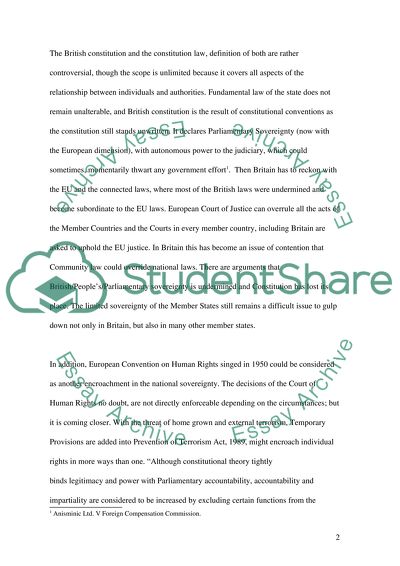Cite this document
(“British Constitution Master Essay Example | Topics and Well Written Essays - 1500 words”, n.d.)
British Constitution Master Essay Example | Topics and Well Written Essays - 1500 words. Retrieved from https://studentshare.org/law/1507908-british-constitution-master-essay
British Constitution Master Essay Example | Topics and Well Written Essays - 1500 words. Retrieved from https://studentshare.org/law/1507908-british-constitution-master-essay
(British Constitution Master Essay Example | Topics and Well Written Essays - 1500 Words)
British Constitution Master Essay Example | Topics and Well Written Essays - 1500 Words. https://studentshare.org/law/1507908-british-constitution-master-essay.
British Constitution Master Essay Example | Topics and Well Written Essays - 1500 Words. https://studentshare.org/law/1507908-british-constitution-master-essay.
“British Constitution Master Essay Example | Topics and Well Written Essays - 1500 Words”, n.d. https://studentshare.org/law/1507908-british-constitution-master-essay.


